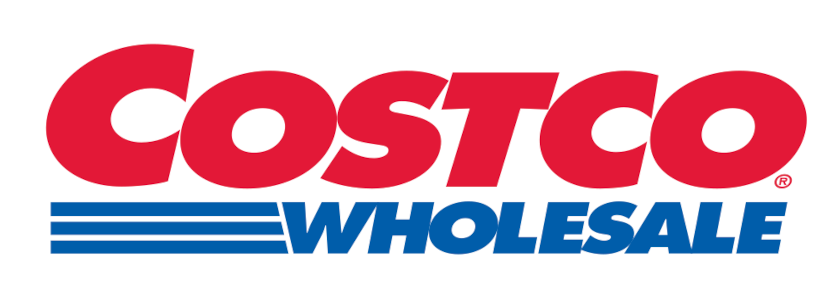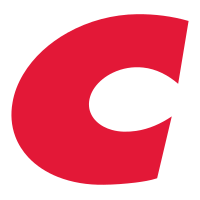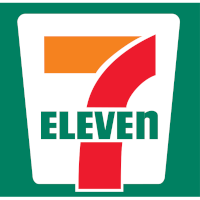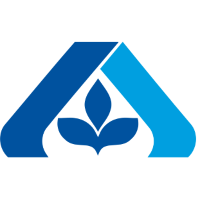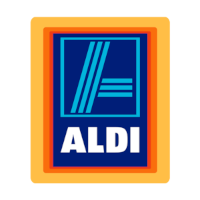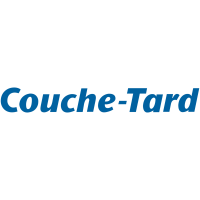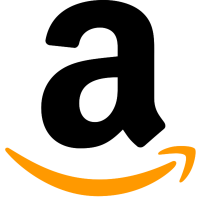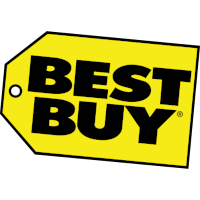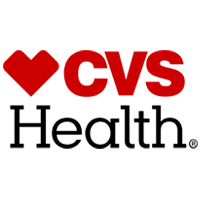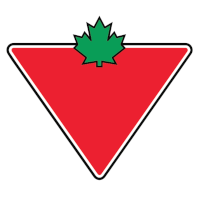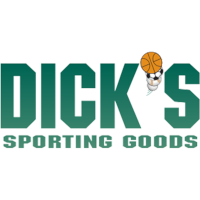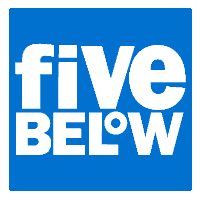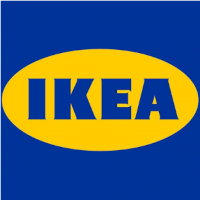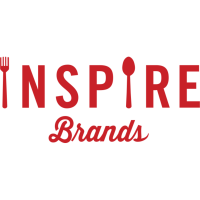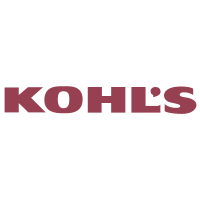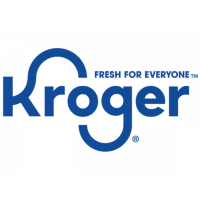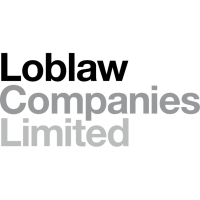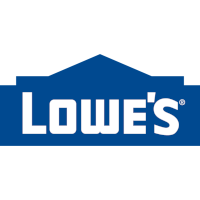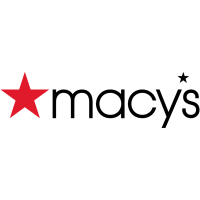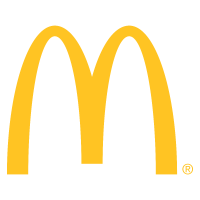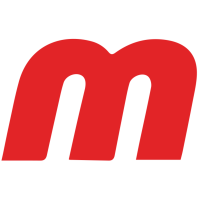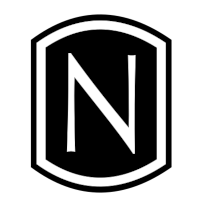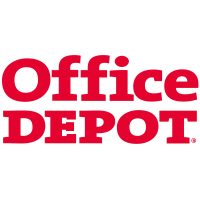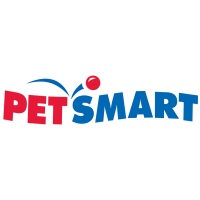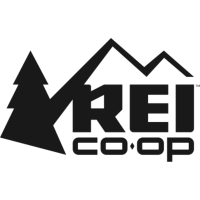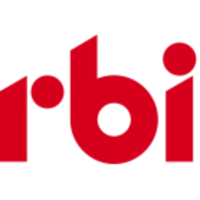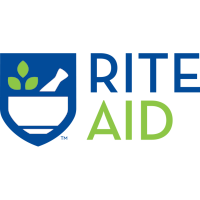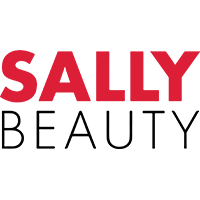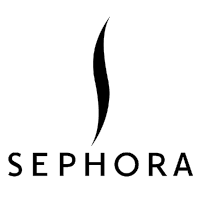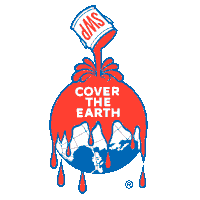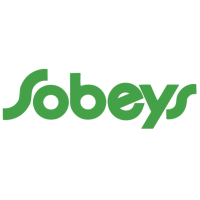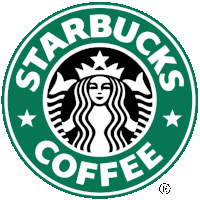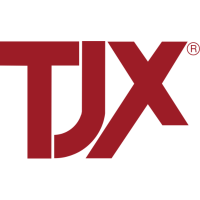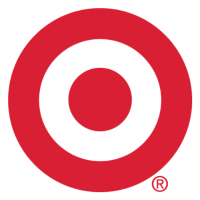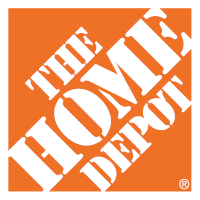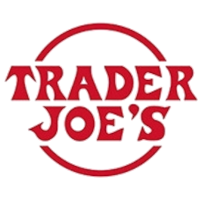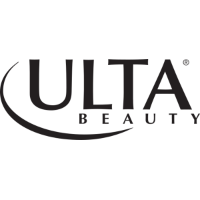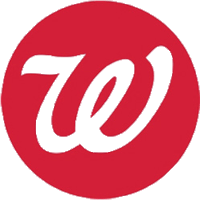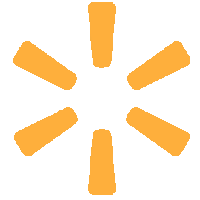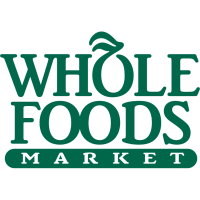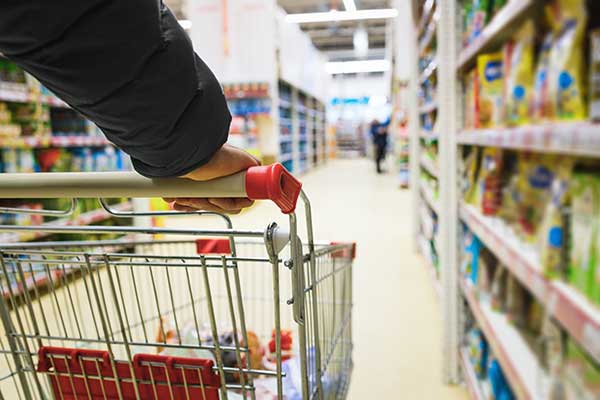Key Findings and Recommendations
- Corporate Commitment: Costco adopted a safer chemicals policy in 2017 that applies to products, packaging, and manufacturing, and includes a clear preference for safer solutions. The company should participate in the Chemical Footprint Project survey to improve its chemicals management and publicly support governmental policies to reduce chemicals and plastics of high concern.
- Transparency: Costco requires suppliers of cleaning and beauty products to provide it with ingredients either on the packaging, on their website, or with a third-party chemical management tool. The company contractually requires suppliers to comply with its restricted substance lists (RSLs) and measures supplier compliance with its policies by testing products for chemicals of high concern through its Smart Screening Program. In 2023, Costco managed 6,998 Smart Screening test reports. The company should take the next step by committing to evaluate its chemical footprint.
- Ban the Bad: Costco has adopted RSLs for apparel and textiles, cleaning and beauty products, furniture and hard goods, luggage and bags, and packaging. The lists contain hundreds of chemicals of high concern. Costco has made significant progress in increasing the assortment of OEKO-TEX 100 certified textile products it sells by 74 percent since 2020, a standard that restricts numerous chemicals of high concern. Costco should go further by setting public, time-bound goals for reduction and elimination of chemicals and plastics of high concern and report on progress in meeting those goals.
- Safer Solutions: Costco sells some private-label products that are Safer Choice certified. Costco should publicly adopt a definition of “safer alternative” consistent with Washington state and join other retailers by publicly committing to invest financial resources in tools and research to help its suppliers evaluate safer alternatives to chemicals and plastics of high concern.
2024 Detailed Analysis of Costco
Corporate Chemicals Policy
Adopted a safer chemicals policy
Oversight
Established management oversight
Chemical Footprint Project (CFP)
Participated in the CFP
Collaboration
Actively participates in collaborative process to promote safer chemicals
Public Policy Support
Supported governmental policies to reduce chemicals or plastics of high concern
Supply Chain Disclosure
Brands report use of chemicals or plastics in products or packaging to retailer
Supplier Accountability
Ensures supply chain accountability for chemicals or plastics restrictions
Consumer Disclosure
Brands disclose use of chemicals or plastics to consumers
Chemical Footprint Calculation
Publicly disclosed its chemical footprint
Restricted Substances List (RSL)/Manufacturing Restricted Substances List (MRSL)
Reduction/Elimination Goals
Chemicals and Plastics Reduction
Reduced or eliminated toxic chemicals or plastics of high concern
Safer alternative definition
Adopted a definition of safer alternative consistent with Washington state
Investment in Safer Solutions
Invested financial resources to advance and drive development of safer solutions
Implementation of Safer Solutions
Replaced chemicals or plastics of concern with safer solutions
Quantified Safer Products
Measured and disclosed progress towards safer products
How does Costco compare to its competitors?
Previous Grade History
NOTE: Our evaluation criteria changed in 2024. The scores from previous review years through 2021 are based on a different set of criteria measured.
Click or tap on a grade year to review additional details (where available).

